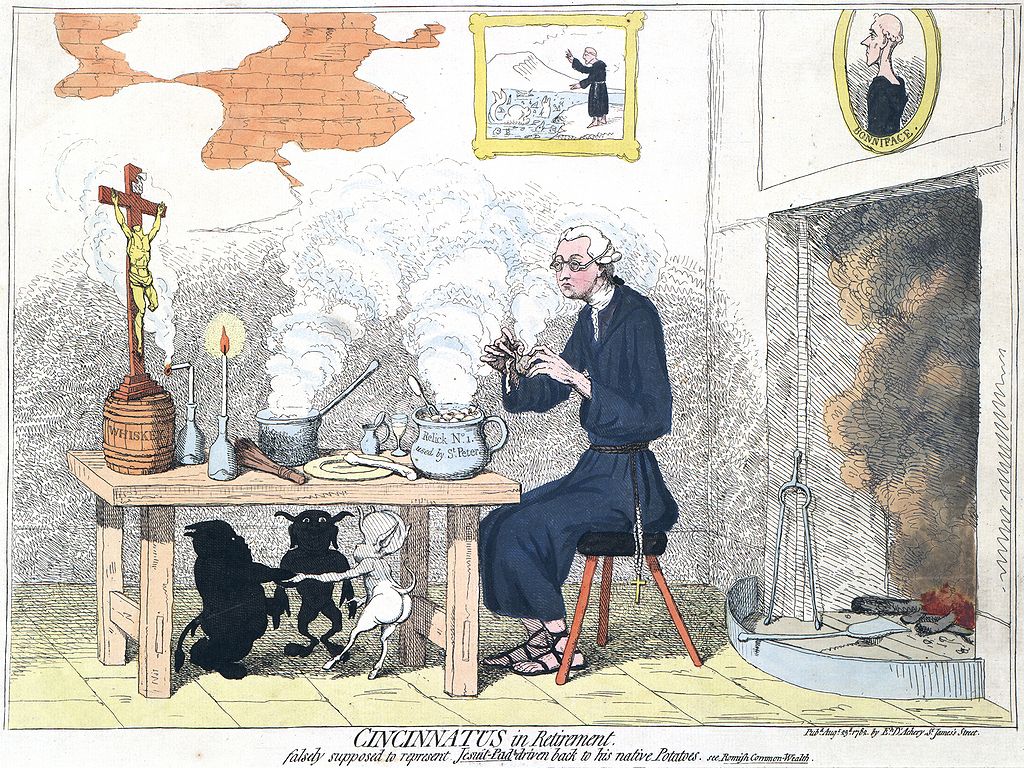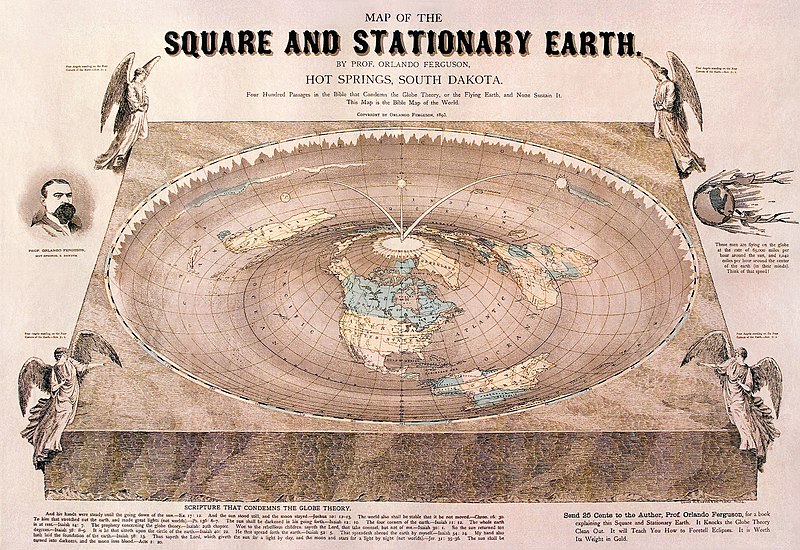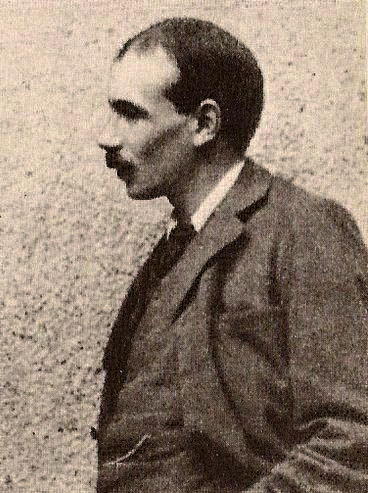I have engaged on an email list in a discussion on
the Slate article linked to here recently.
It seems to me the result reads a bit like a Socratic dialogue, and might be worth reproducing in paraphrase for others here.
The question on the table at this symposium was, what is human “equality,” and where does it come from?
The author of the Slate piece makes this important point:
"If this suggestion makes you angry-if you find the idea of genetic racial advantages outrageous, socially corrosive, and unthinkable-you're not the first to feel that way. Many Christians are going through a similar struggle over evolution. Their faith in human dignity rests on a literal belief in Genesis. To them, evolution isn't just another fact; it's a threat to their whole value system. As William Jennings Bryan put it during the Scopes trial, evolution meant elevating 'supposedly superior intellects,' 'eliminating the weak,' 'paralyzing the hope of reform,' jeopardizing 'the doctrine of brotherhood,' and undermining 'the sympathetic activities of a civilized society.'"
Just as this suggests, apparently Bryan's concerns over evolution have been widely misrepresented—what most of us know is the character in “Inherit the Wind,” not Bryan himself. And “Inherit the Wind” is fiction. Bryan objected to Darwin more as a liberal than as a Christian, feeling Darwin's ideas promoted class and race superiority and violated the doctrine of the equality of man.
And, historically, he proved right. The Nazis made much of Darwinian evolution in their race theories.
Indeed, as is often forgotten today, John Locke based his argument that men were equal not on any principle of science, but on the Book of Genesis. Chuck out Genesis, and the doctrines of liberal democracy are in trouble.
The
Slate writer is wrong here, though:
"Evolution forced Christians to bend or break. They could insist on the Bible's literal truth and deny the facts, as Bryan did. Or they could seek a subtler account of creation and human dignity."
Nope. It was not the doctrines of Christianity that were in trouble. This was an issue only for a certain sort of Protestant. The Catholic Church had never believed in any special value to a "literal" reading of scripture, and did not see any fundamental conflict between its own views and Darwin's theory.
This conversation ensued:
Dear Abbot:
Men are not equal, but all men have equal value in human society. Some are better at one thing, some another -- but everyone, weak and strong, is human and therefore, "equal."
I do not see a conflict here with Darwin.
Dr. Sax
Dear Sax:
Okay, here it is: "value" in Darwinian terms is ability to survive and propagate—"survival of the fittest." Not all humans are equal in these terms—if they were, the Darwinian theory of evolution would not work. The Nazis logically extended this: survival, prosperity, and propagation of the race and species are best served by favouring the fit and getting rid of the unfit. As, indeed, they are.
You need therefore to define clearly what you mean by "value," when you say "all men have equal value." What is this value? As we have seen, it is obviously not value to the evolutionary process. It is obviously not economic value—ability to generate material wealth. It is obviously not intelligence, the enemies of Watson to the contrary—otherwise there could be no Mensa.
What is this "value"?
It is easy for one who accepts Genesis to answer this. But can you give a purely "scientific," let alone “Darwinian,” answer?
Abbot
Dear Abbot:
I think speaking of “value” and “scientific” together is an oxymoron. Value by definition is subjective and depends on the domain in which it is used. Value would be whatever contributes to achieving commonly-held objectives within that domain.
Darwinian value would be to possess attributes that would aid in adaptation. Financial value would be to contribute to stable and increasing worth.
Dr. Who
Dear Who:
It seems to me you are reinforcing Bryan’s concern. If Darwin was right, it looks as though Hitler was right, too—survival of the species being a “commonly-held objective.”
I'm not sure what you mean by saying that "value by definition is subjective," but it does not look like you are going to a good place. Oxford defines "subjective" as "based on or influenced by personal feelings, tastes, or opinions." Do you think, then, that the value of a human life, say, is just a matter of taste or opinion? The value of human rights? Does truth or the value of truth differ depending on "domain"?
Abbot
Dear Abbot:
Value is by definition something worth having. And we humans, regardless of religion or lack of it, have decided that equality is something worth having. Where is the confusion?
Dr. Sax
Dear Sax:
It's here: if value is simply a question of consensus, of “commonly-held objectives,” it follows that any other consensus would be as legitimate. So--lets imagine a different one, and see how it sounds. How about a consensus that life is of no value, and we are all free to murder? Or how about a consensus that we are free to kill a specific group--say, the Jews? Then it would be okay?
If so, of course, Hitler did nothing wrong, did he? But Oskar Schindler--he did. He did not follow the consensus--so he was acting immorally.
Abbot
Dear Abbot:
I do not believe in absolute truth. When the state of Texas executes one of its citizens, do we have to conclude that Texans do not value human life?
I think we must understand the context. …
Dr. Who
Dear Who:
I don't think the argument over capital punishment is really a dispute over the value of human life, but rather over how best to defend it.
As to truth not being absolute, does that mean you believe that 2 + 2 only sometimes equals 4? That every now and then it may equal 5, or 47? That two parallel lines may cross every now and then?
Abbot
Dear Abbot:
How about a consensus that we stop arguing about "this self-evident truth that all men are born equal" and simply hold this value dear to our heart.
Dr. Sax
Dear Sax:
Let's not lose the thread of the discussion here. I think we can assume that we all share the opinion that all humans are in some sense of equal value. That has never been in dispute. The question is, what is the nature of that “equality,” and where does it come from? Can it be derived from Darwin, or from "science"?
I take it you are now saying, with the US Declaration of Independence, that it is simply "self-evident" that all humans are equal. That lets Watson off the hook, in any case. But note the full sentence from which you are quoting:
"We hold these truths to be self-evident, that all men are
created [not 'born'] equal, that they are
endowed by their Creator with certain unalienable Rights, that among these are Life, Liberty and the pursuit of Happiness." (italics mine)
That's the full contention--all of that is held as self-evident. Now, if you deny the creation and the Creator, deny the stated source of this equality and these inalienable rights, aren't the rights themselves similarly up for grabs?
Abbot






























.jpg/620px-5_Prohibition_Disposal(9).jpg)